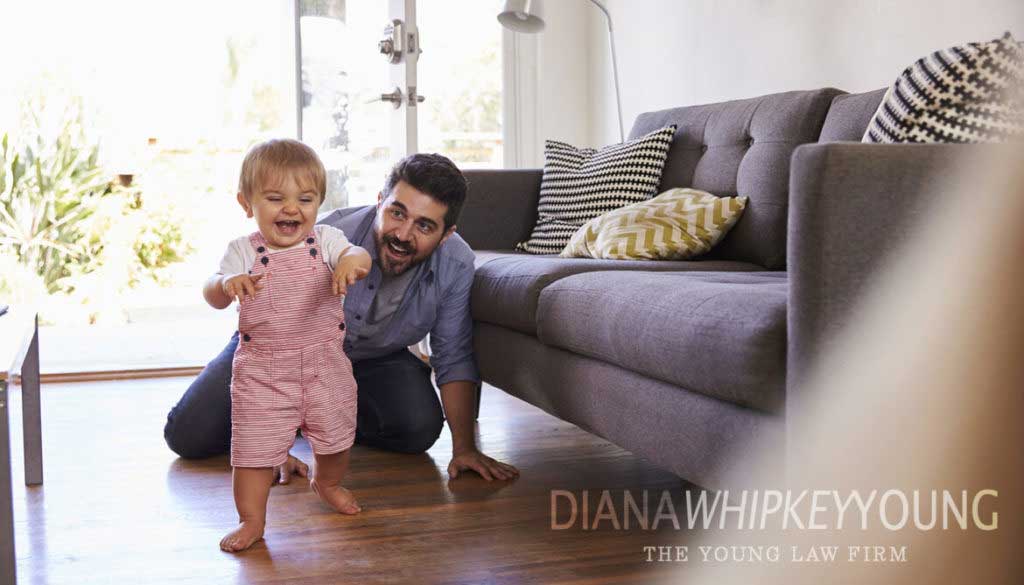
It used to be the case that a stepparent did not have a way to get custody of a step-child in a divorce case. That has now changed with the enactment of a new law in Georgia.
The law allows the Court to determine that a stepparent is an “equitable caregiver.”
In order for the Court to find that someone, including a stepparent, is an “equitable caregiver,” there are certain requirements.
The person must file with the original pleading an affidavit under oath which includes certain facts
The pleadings and the affidavit are to be served upon all parents and legal guardians of the child or children and any other party to the case. The Court must first decide if the party has proper “standing’ to bring the claim to be an “equitable caregiver.”
The court must decide by “clear and convincing” evidence that the person has:
- Fully and completely undertaken a permanent, unequivocal, committed, and responsible parental role in the child’s life;
- Engaged in consistent caretaking of the child;
- Established a bonded and dependent relationship with the child, which
relationship was fostered and supported by a parent of the child, and such
individual and the parent have understood, acknowledged, or accepted that
or behaved as though the individual is the parent of the child; - Accepted full and permanent responsibilities as a parent of the child without expecting any financial compensation;
- Demonstrated that the child will suffer physical harm or long-term emotional harm and that continuing the relationship between such person and the child is in the
best interest of the child.
The court is to look at certain criteria to determine whether the child will suffer physical harm or long-term emotional harm.
These criteria include but are not limited to:
- Who the past and present caretakers of the child are;
- With whom the child has formed psychological bonds and the strength of those bonds;
- Whether competing parties showed an interest in, and contact with the child over time; and,
- Whether the child has unique medical and psychological needs which one party is better able to meet than the other.
The Court also may grant standing to a person who is seeking to be determined to be an “equitable caregiver” if the child’s parent consents to the person having a parental relationship with the child. Also, if the child’s parent and the person seeking to be determined to be an equitable caregiver sign a written agreement indicating that they want to share or divide caregiving responsibilities for the child, then the Court may grant “equitable caregiver” status to the stepparent or non-parent.
If the Court grants “equitable caregiver” status, then the Court may enter an order as appropriate to establish parental rights and responsibilities for the individual stepparent or other non-parent. The parental rights and responsibilities include, but are not limited to, custody and visitation.
The new law does not allow for an “equitable caregiver” if both parents of the minor child are not separated and the child is living with both parents. This new law also does not allow an original action for a stepparent or other person to seek “equitable caregiver” status if there is an open child welfare and youth services case involving the child or his or her parent. This new law also does not allow for an action by a person whose relationship with the child was established as the result of a juvenile dependency proceeding.
The adjudication of a person as an “equitable caregiver” does not disestablish the parentage of any other parent.
So, if you are a stepparent and you meet the criteria under the statute, you may be declared to be an “equitable caregiver” and thus be awarded custody and/or visitation rights.
This is good news for stepparents who have taken on active roles parenting the children of their spouses and want to continue that relationship after a divorce
It may also be beneficial to those children who have grown to love their stepparent, who would be harmed by having them ripped out of their lives just because their parent and stepparent are getting divorced.
